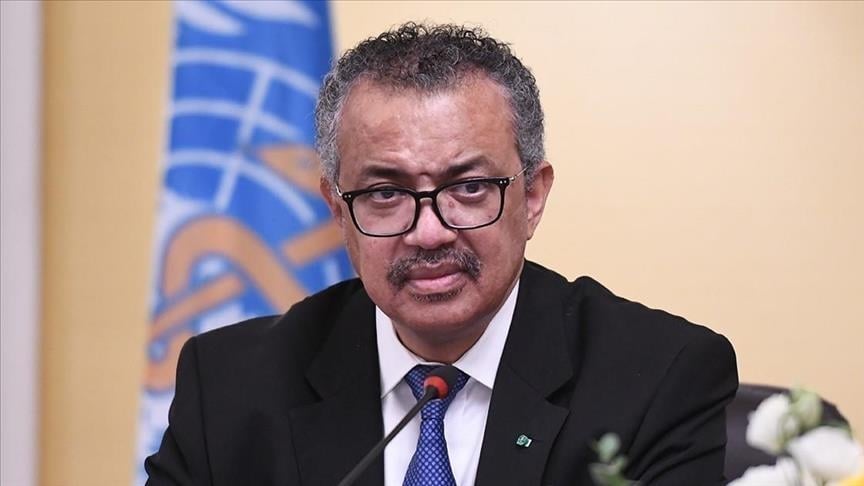News Flash
News Flash

GENEVA, May 19, 2025 (BSS/AFP) - The head of the World Health Organization on
Monday urged countries to adopt this week the Pandemic Agreement, aimed at
preventing a repeat of the Covid-19 crisis.
WHO member states are holding their annual World Health Assembly, a gathering
of the UN health agency's decision-making body.
"At this assembly, member states will consider, and hopefully adopt, the WHO
Pandemic Agreement," WHO chief Tedros Adhanom Ghebreyesus said in his opening
address to the gathering in Geneva.
"This is truly a historic moment."
After more than three years of negotiations, the text of the agreement was
finalised by consensus last month.
The United States pulled out of the talks, following US President Donald
Trump's decision to trigger the country's one-year withdrawal process to
leave the WHO.
"Even in the middle of crisis, and in the face of significant opposition, you
worked tirelessly, you never gave up, and you reached your goal," said
Tedros.
The hard-fought consensus spurred "joy, triumph, relief, exhaustion," he
said.
"I look forward to your adoption of the agreement."
The agreement on pandemic prevention, preparedness and response is expected
to be adopted by the assembly on Tuesday.
It aims to better detect and combat pandemics by focusing on greater
international coordination and surveillance, and more equitable access to
vaccines and treatments.
The negotiations grew tense amid disagreements between wealthy and developing
countries, with the latter feeling cut off from access to vaccines during the
Covid-19 pandemic.
The agreement faced opposition from those who thought it would encroach on
state sovereignty.
Countries have until May 2026 to thrash out the details of the agreement's
Pathogen Access and Benefit-Sharing mechanism.
The PABS mechanism deals with sharing access to pathogens with pandemic
potential, and the sharing of benefits derived from them: vaccines, tests and
treatments.
Once the PABS system is finalised, the agreement can then be ratified. Sixty
ratifications are required for the treaty to enter into force.